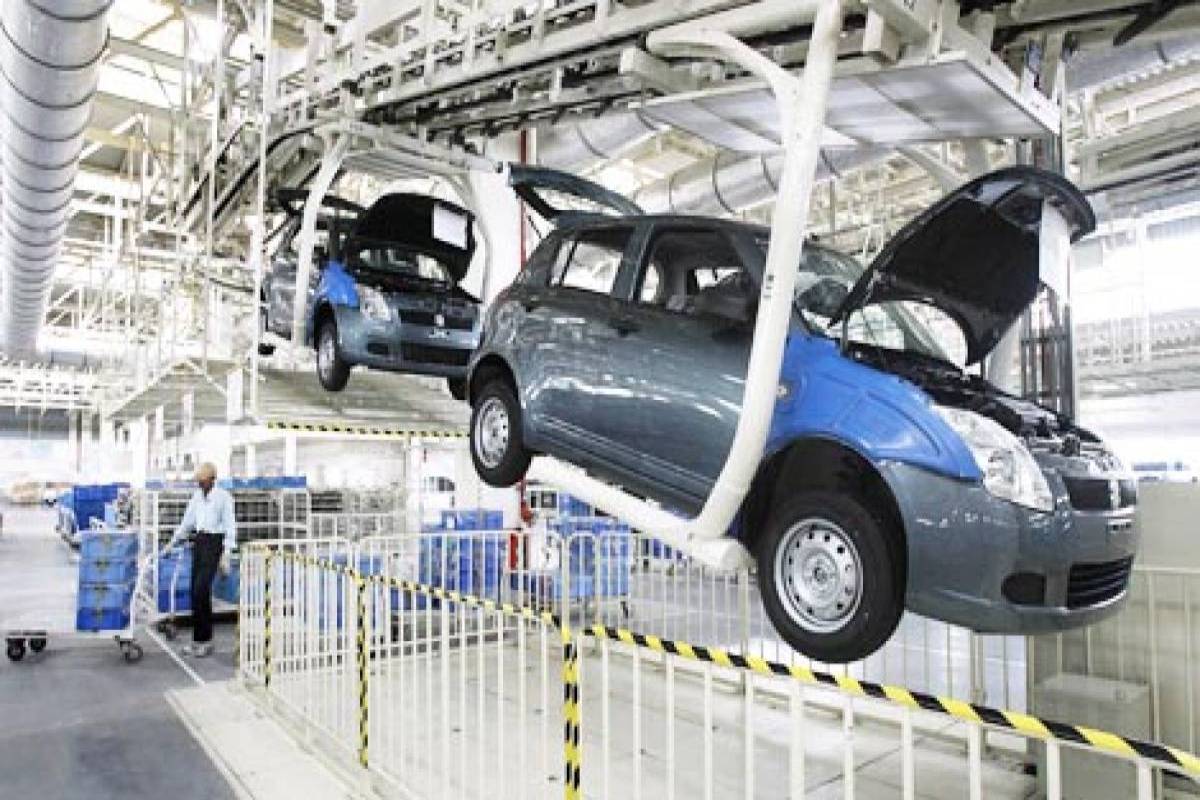Automotive Component Manufacturers Association of India (ACMA) on Thursday called for a long-term stable and technology agnostic roadmap to allow localisation of technologies, saying it is critical for the survival and competitiveness of the industry amid dropping vehicle sales.
Speaking at the 61st Annual session of the component manufacturers’ body, ACMA President Deepak Jain highlighted that factors such as high domestic taxation, increasing fuel costs, steep rise in commodity prices are adversely impacting affordability of vehicles, and in turn the viability of the component sector.
Advertisement
“As we embark on another year, we need to reflect on some of the intrinsic challenges that we have been facing now for almost a decade,” he said.
Recollecting the “grave concern” raised by Maruti Suzuki India Chairman R C Bhargava at the Annual convention of Society of Indian Automobile Manufacturers (SIAM) on Wednesday over “the falling growth rate of vehicle consumption in the country”, Jain said it is time to reflect on what strategic interventions are needed to bring the growth back.
“High domestic taxation, increasing fuel costs, steep rise in commodity prices, among others is adversely impacting affordability of vehicles, and in turn the viability of the component sector,” he said.
Jain further said, “a long-term stable and technology agnostic roadmap that allows sufficient time for localisation of technologies would be critical for survival and competitiveness of our industry.”
He said in FY2021, the industry witnessed the second consecutive year of contraction in vehicle sales in India as overall vehicle sales fell by 13.6 per cent.
“In this backdrop, the component industry also witnessed a de-growth of 3 per cent, with its turnover reducing to (USD) 46 billion from USD 49 billion,” he said.
Given the volatility in the environment, Jain said it was for the industry to find answers on how to “strive to survive, piece ourselves together to revive and explore the opportunities for growth”.
“If volatility is the new normal, then how can we sustain ourselves, ensure business continuity and stay relevant to our customers with uncertainty in the business and regulatory environment…,” he said.
Combined with fast changing trends and mobility, Jain further said, “what would be the most apt business model for us? Will one size fit all? What strategic interventions, we need to make internal and external, technological, and human as individuals and as a community to become globally competitive.”











